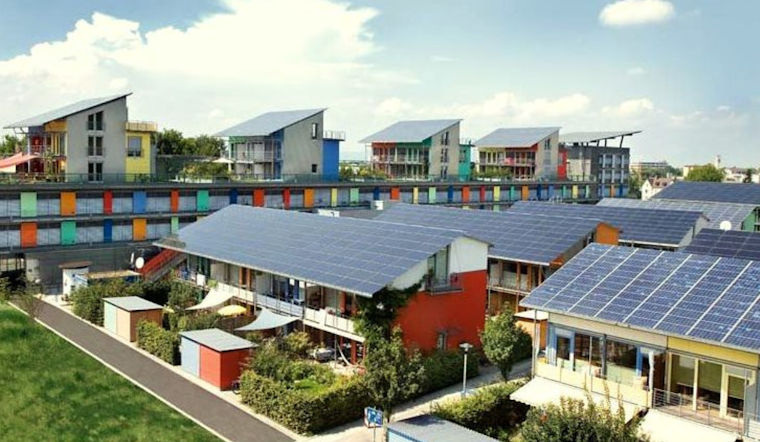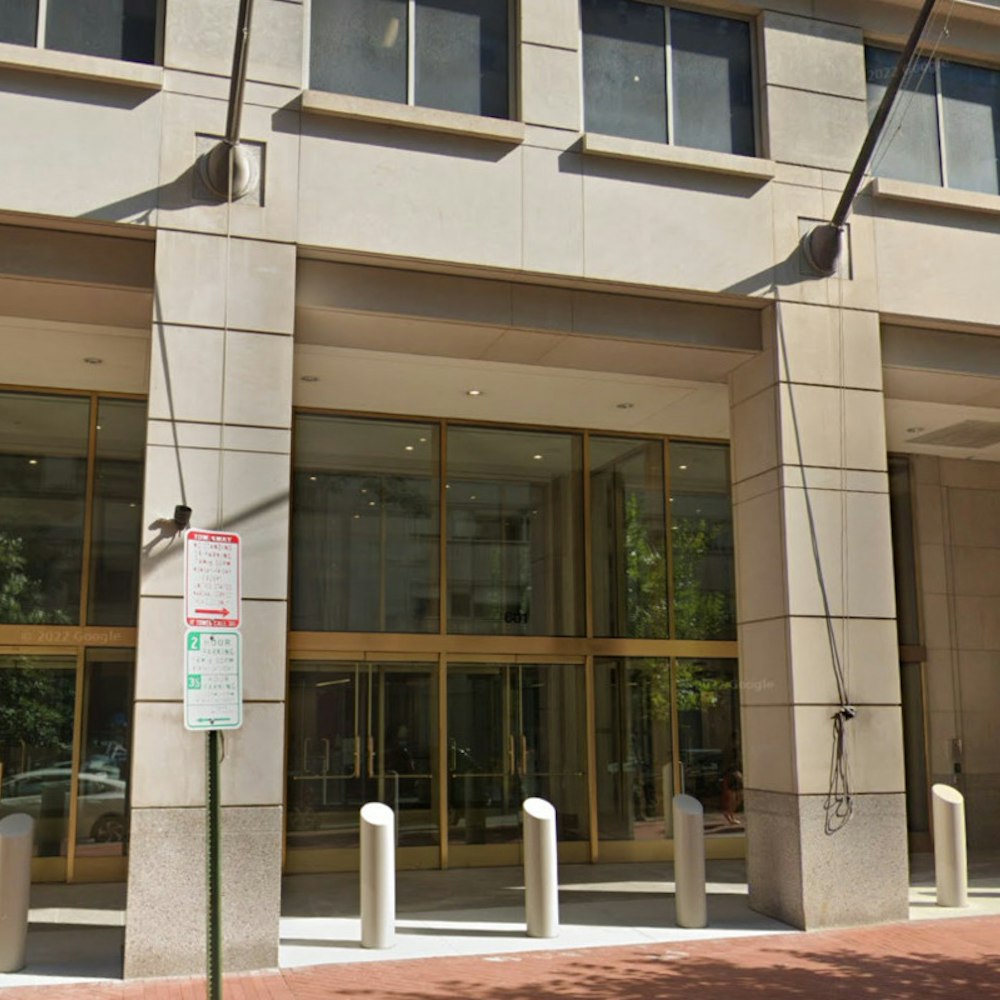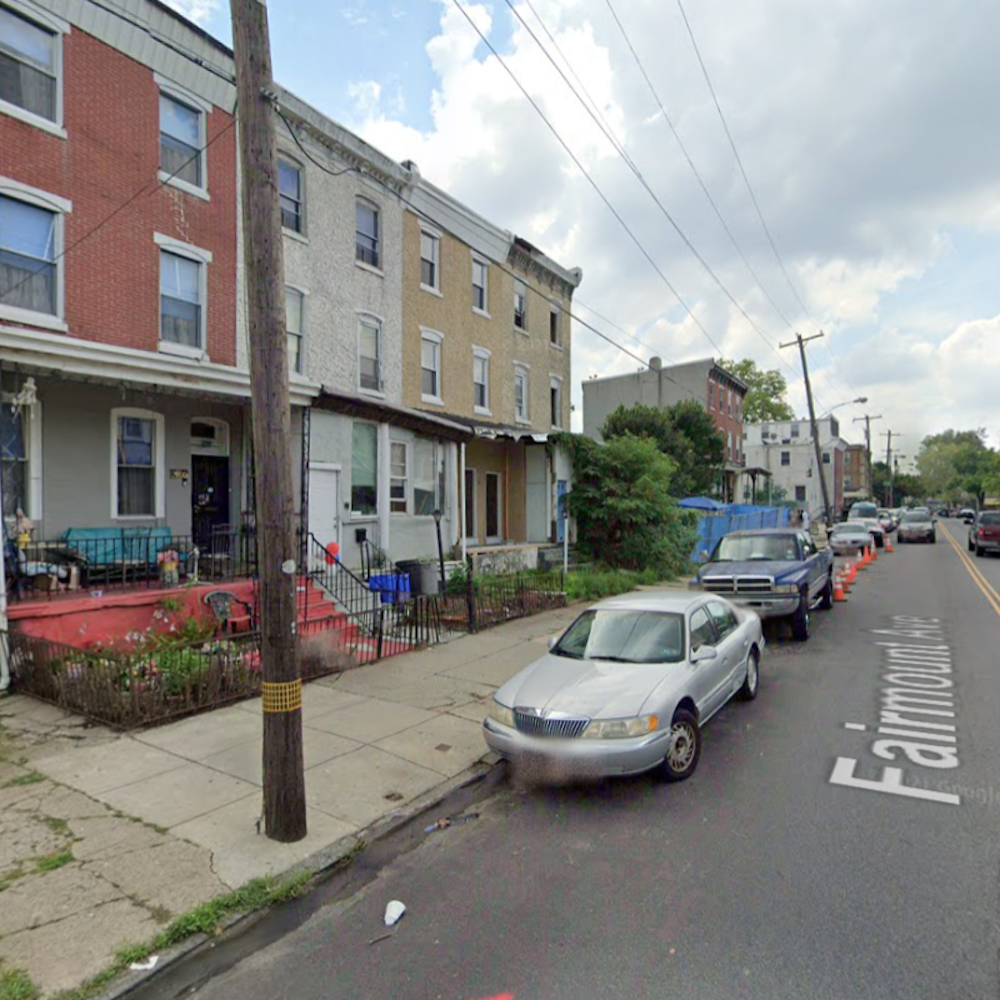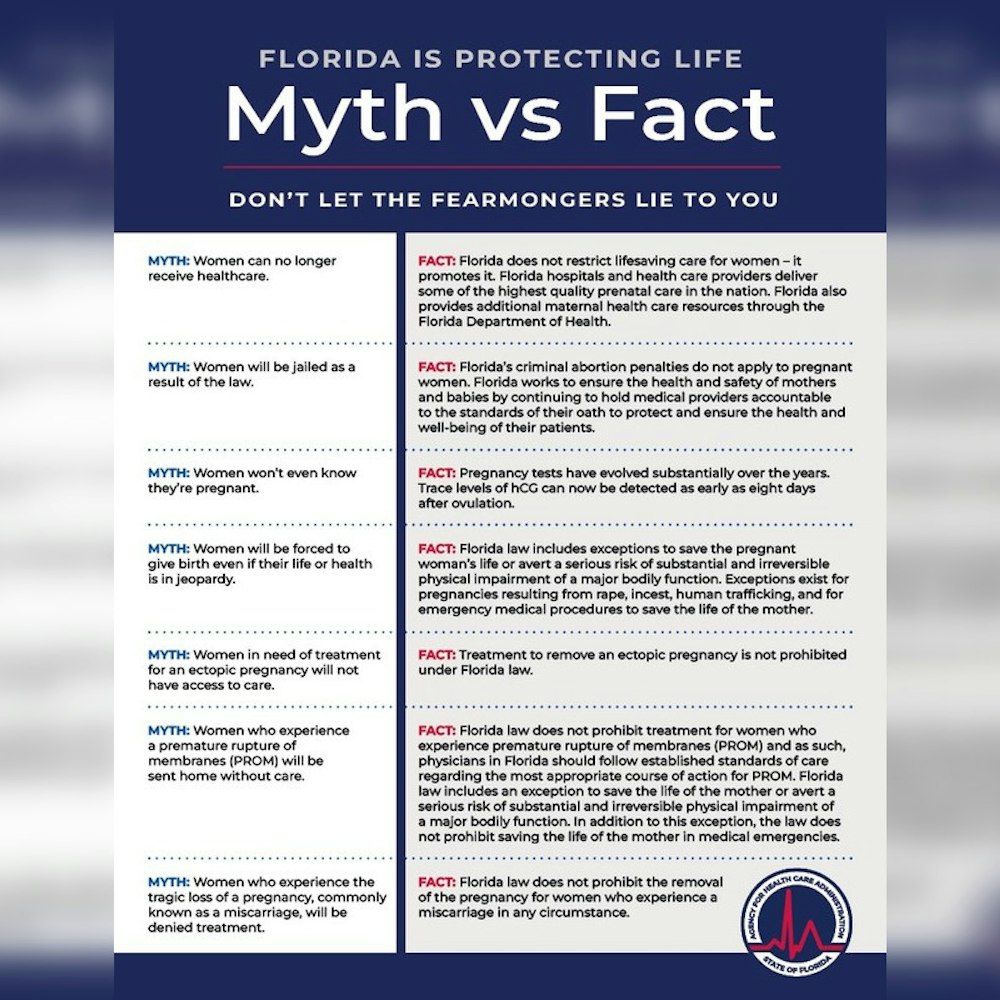
In a big-money move aimed at brightening homes and slashing energy bills, the Biden-Harris administration allotted $249.8 million to California this Earth Day. Announced by the U.S. Environmental Protection Agency, the massive cash injection is part of the $27 billion Greenhouse Gas Reduction Fund, born from President Biden's Inflation Reduction Act. It's set to spur solar energy initiatives focused on low-income and disadvantaged communities throughout the Golden State.
Martha Guzman, EPA Pacific Southwest Regional Administrator, applauded the effort, stating via the EPA news release, "For years, the benefits of household solar – such as the significant savings on energy bills – have been out of reach for too many in California." Selected as a beacon demonstration, the California Infrastructure Economic Development Bank (Ibank) will use the funds to craft solar programs to lower household energy costs and create jobs, especially in historically underserved communities.
California-based non-profit GRID Alternatives also landed a similar $249.8 million grant for their Solar Access for Nationwide Affordable Housing Program. Known for collaborating with a mix of solar and housing organizations, the program's punch will be felt in over half the United States. According to an EPA news release, it promises to cast an extensive net of benefits, from energy savings and burden relief to job training and resilience against climate impacts.
Adding another feather to GRID Alternatives' cap, their Western Indigenous Network Solar For All program (WIN-SFA) bagged $62.45 million to empower Tribal communities with solar innovation. Designed to create jobs and champion energy sovereignty for Native American households, the program is slated to distill solar energy nationwide, prioritizing areas like Arizona and New Mexico.
The allocations contribute to President Biden's Justice40 Initiative, which aims for 40% of specific federal investments to flow into disadvantaged communities. With an estimated 900,000 low-income households set to benefit from the Solar for All program, it's hopeful to see a cumulative reduction of 30 million metric tons of carbon dioxide emissions from the intended clean energy infrastructure.
As elated consumers await the ripple effect of these climate-positive measures, the EPA is gearing up for a closer look at the plans. They've scheduled informational webinars set to kick-off on April 29, with details available on EPA's website.









